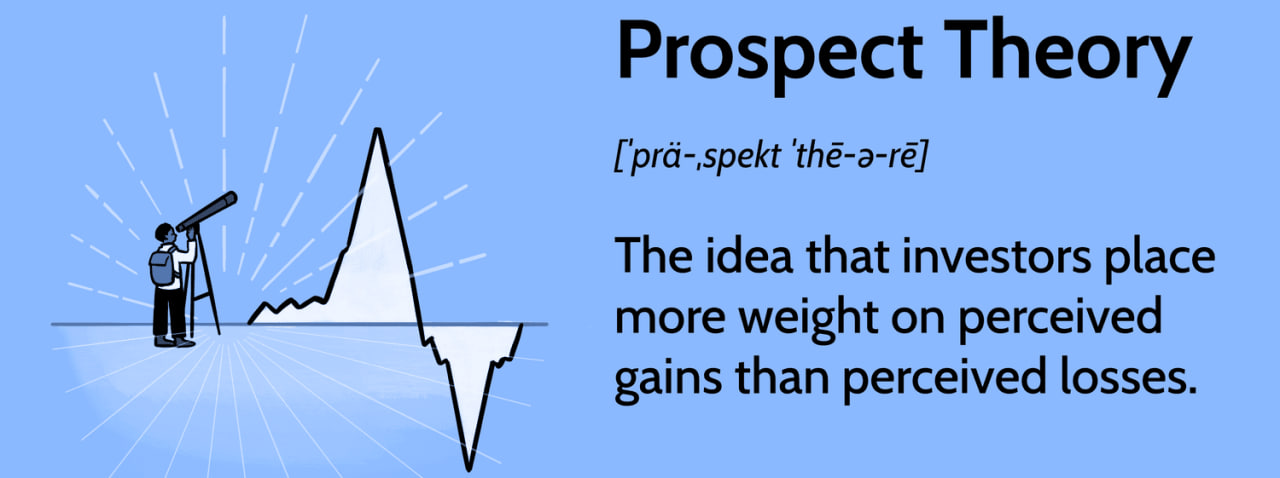Free Courses Sale ends Soon, Get It Now


Free Courses Sale ends Soon, Get It Now



Copyright infringement not intended
Context: The researchers from the Indian Institute of Technology Madras (IIT Madras) have devised a mathematical model for contract farming to predict farmers' delivery of commodities using a decision-theoretic framework based on the 'Prospect Theory.'
Details
Background
Prospect Theory
Prospect Theory to model the farmers' decision-making process
Significance
Contract farming
About
Contract farming can have various features depending on the type and degree of the contractual arrangement, such as:
Contract farming can have significant benefits for both farmers and buyers, such as:
For Farmers
For Buyers
Contract farming also faces several challenges and limitations, such as:
To overcome these challenges and maximize the potential of contract farming, some possible ways forward are:
Conclusion
|
PRACTICE QUESTION Q. The weighting function in Prospect Theory reflects the fact that people tend to: A) overestimate low probabilities and underestimate high probabilities B) underestimate low probabilities and overestimate high probabilities C) overestimate both low and high probabilities D) underestimate both low and high probabilities Answer: A Explanation: The weighting function in Prospect Theory captures the idea that people do not judge probabilities objectively, but rather distort them according to their preferences. People tend to overweight low probabilities and underweight high probabilities, which leads to the possible effect and the certainty effect |
© 2024 iasgyan. All right reserved